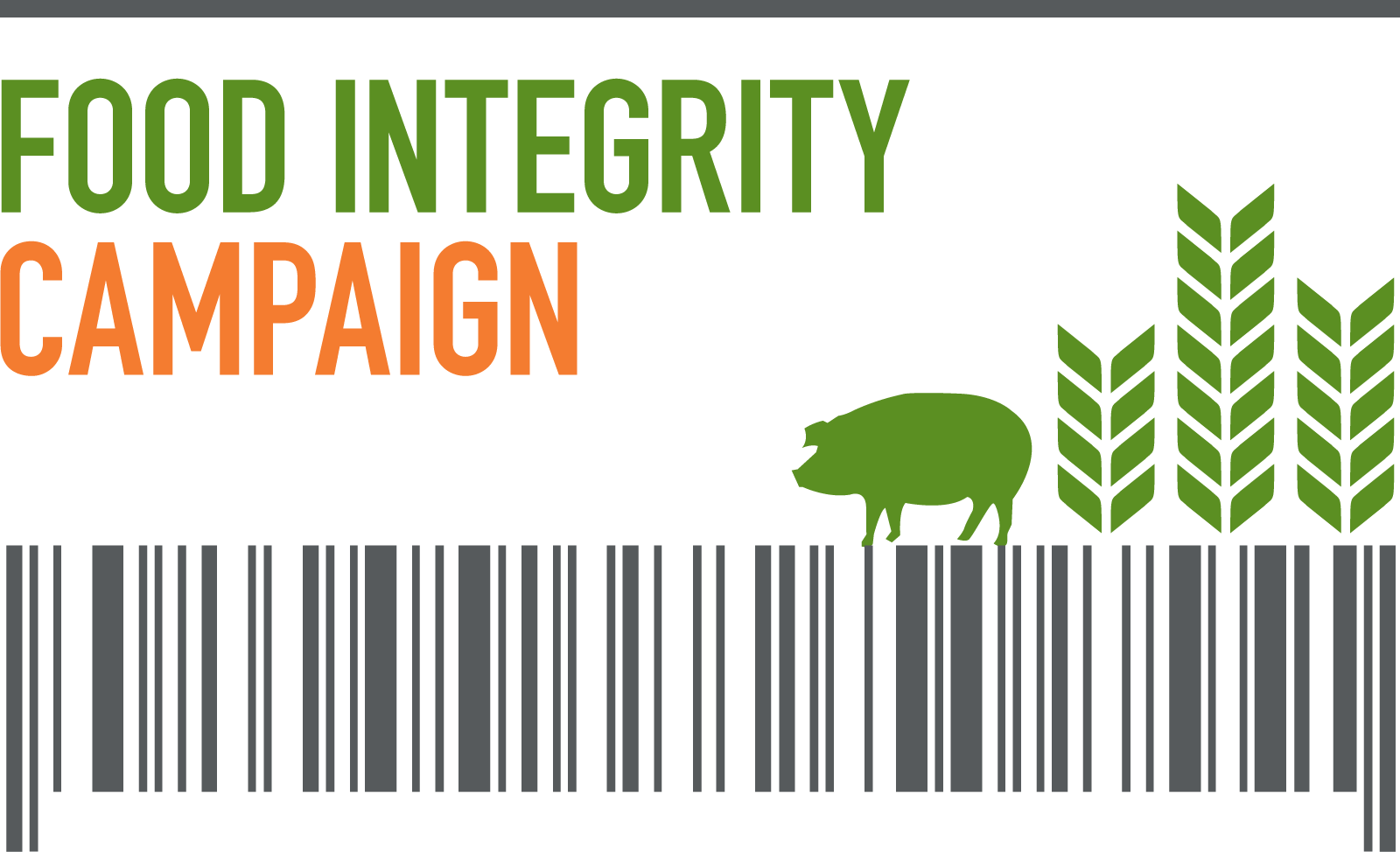The following op-ed was written by FIC Director Amanda Hitt. Versions of this op-ed also appeared in the Xenia Daily Gazette (OH), Bristol Press (CT), New Britain Herald (CT), Herkimer Telegram (NY), Little Falls Times (NY), Union Daily Times (SC), and Wayne Independent (PA).
Food safety is running afoul in Springdale — in more ways than one. First, meat and grain agribusiness giant Cargill Inc. recalled 36 million pounds of ground turkey linked to a salmonella outbreak and temporarily shut its turkey processing plant in the Arkansas city in early August. Then, a Tyson Foods driver died after being pinned between two truck trailers outside a Springdale poultry plant.
The death of 50-year-old Merrill Reynolds, who worked for Tyson for nearly three decades, should draw much-needed attention to the critical role of truckers in today’s food system. Often overlooked, food safety and security during transport is absolutely critical for keeping America’s food supply safe. Consider transportation vulnerabilities like temperature control of meats, or the general sanitation and upkeep of vehicles. One compromised shipment could easily sicken thousands of consumers.
Food transportation also represents an environmental challenge. Every cross-country load of produce spews carbon dioxide into the atmosphere, contributing to climate change. Researchers from Carnegie Mellon University estimated that about 11 percent of food-related greenhouse gas emissions come from transportation.
Many roads pave the way from farm to table. Trucking is by far the most common method of transporting food in the United States. Trucks tote food from a producer to one or more processors, they haul those products to distributors, and then they drive them to supermarkets and other shops, where consumers buy the food and most likely drive it home.
It’s no surprise that one study found produce arriving by truck at a wholesale market in Chicago had travelled an average of 1,500 miles from the place it was grown. Flavor and nutrients dissipate on these long and inefficient journeys, which also increase the chances that our food will become contaminated.
The vital role truckers play in food safety is clear. They serve as the first line of defense if any sign of food contamination arises during their shipment. Yet truckers aren’t consulted — and are even discouraged — from stopping a shipment when something seems amiss. Corporate power and profit-driven interests dominate the management of each level of food distribution. That impedes the enforcement of regulations, which lack sufficient standards to begin with. It also pressures truckers to keep on moving the food, even if they know the product may be tainted.
Let’s not overlook distribution centers, either. There are roughly 15,000 companies running thousands of warehouses and fleets of trucks across the United States. Each center services well over 1,000 of these companies. Given the vast amount of food going through these facilities, the risk of an outbreak increases when there are lapses in the proper care, storage, or handling of food.
With FDA and USDA inspector shortages, which may soon be exacerbated by proposed food-safety budget cuts, truckers and distribution-center workers should be venerated as internal watchdogs to ensure adequate food safety. Serious problems can arise, for example, when temperatures aren’t properly controlled on loading docks, or when meat and produce products get cross-contaminated.
Transportation workers are already involved in taking biosecurity steps aimed at stemming the spread of disease, such as disinfecting vehicles after bringing cows and pigs to slaughterhouses.
Fearing termination or retaliation, many of these workers, who often witness unsavory or improper handling on a regular basis, are reluctant to speak out for fear of losing their jobs.
It shouldn’t take a tragic accident or a widespread salmonella outbreak to help the public and policymakers recognize the key players who guide food to our plates. As the trip from farm to plate gets longer and grows increasingly convoluted, it’s more important than ever that truck drivers and other unsung workers along the food chain act as our eyes and ears.
